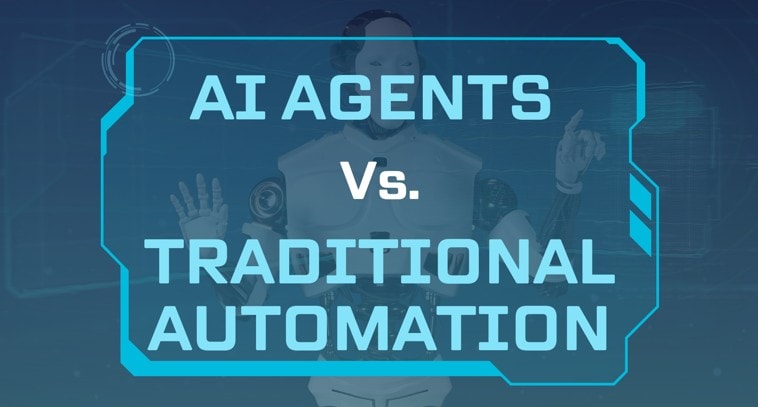E-Commerce Strategies for the Manufacturing Sector: The manufacturing sector has been struggling to keep up with the e-commerce trend. Many manufacturers are still using traditional methods to market and sell their products. But many of them are slowly adopting eCommerce. Although it sounds a bit strange, this hybrid combination is getting traction.
Although manufacturers were a bit late to the game, the pandemic changed the course, making the online presence paramount. Seems like the manufacturers are learning and adopting emerging new technologies at a very fast pace.
In this article, we’ll explore some e-commerce strategies that manufacturing companies can use to reach a wider audience and boost both B2B and B2C sales.

eCommerce and Manufacturing: The Game is leveling up
By utilizing technology and tools such as product data management (PDM) systems, manufacturers can more easily create and manage product information across their entire organization. This information can then be used to generate detailed eCommerce product pages, which can help improve customer engagement and conversions.
eCommerce can benefit the manufacturing industry by:
- Leveraging new customer relationships and capturing data about their preferences.
- Improving targeted marketing efforts
- 360-degree view to both customers and distributors as well.
- Artificial intelligence adoption.
In addition, by integrating eCommerce platforms with existing manufacturing systems, manufacturers can automate many of their processes, from inventory management to order fulfillment. This can not only save time and money, but it can also help improve accuracy and quality control.
As the demand for eCommerce solutions in the manufacturing sector continues to grow, so too do the options available.
What sets the manufacturers aside from traditional retailers, is that their purchasing models are very specific. The most common purchasing models in the manufacturing industry research online and purchasing offline and direct online sales. Both models require creating an eCommerce platform rich with product data, purchasing options, and customer support.
One way to set your manufacturing business apart from the competition is to offer customizable products and solutions. This way, customers can get exactly what they need from your business, and you can create a unique selling proposition (USP).

Making the supply chain more dynamic
eCommerce is making the manufacturers get out of their comfort zone and once again, rethink the supply chain and make the process a bit more dynamic. It will have a lasting impact on distribution channels that will need to switch to more hybrid online/offline eCommerce. It is a bit of a double-edged sword because the manufacturers can get into conflicts with distributors that want to stick to the old ways. Although, it can inspire some of them to up their digital efforts.
Shifting the dynamics in your supply chain is there to make the entire process more effective. Communication with distributors and suppliers needs to be improved because you need to be sure if they can accommodate new requirements. Also, you can utilize new and emerging technologies to your advantage. For example, a turning service can help you get custom parts for machines much faster and speed up the manufacturing process.
Traditionally, manufacturers have relied on distributors and retailers to reach customers. However, with e-commerce, they can bypass these middlemen and sell directly to customers. This not only reduces costs but also gives them more control over the customer experience.
Utilize data and spark more innovation
Collecting data was always one of the main pillars in the manufacturing industry. In order to streamline production with a bit of the help of automation, collecting data was the key to doing so. Now, the exact same strategy can be applied to eCommerce and digital marketing efforts.
eCommerce can help manufacturing companies take one step further. With data collected directly from their customers, you can get better forecasts. eCommerce platforms can help manufacturing industries take a deeper dive into purchasing trends, returns, product reviews, and product quality ratings. This will help with faster and better decision-making and it will get you a necessary competitive advantage.
Collecting data in all stages of the manufacturing process, including assembly and consumption, you will create a circle of innovation and consistent improvement of both product and service.

Optimize the performance of your sales team
Sales teams are the backbone of any successful company, and optimizing their performance is essential to success. As a manufacturer, you probably have an established team of sales professionals that were delivering amazing results. Yet, with eCommerce added to the mix, one of the main challenges could be resistance to change in adopting new technologies.
This definitely does not mean that your sales team will be replaced. It just means that things will get more dynamic with different sales channels being implemented. Omnichannel presence, automation, and chatbots can help your sales team switch their focus to more important things. You can eliminate manual (and menial) tasks, and save money and time.
Consumers today expect a seamless shopping experience across all channels, including in-store, online, and mobile. To meet this demand, manufacturers must have a robust e-commerce platform that integrates with their brick-and-mortar operations. This will allow them to provide a consistent experience regardless of how or where customers shop.
Would you like to read more about E-Commerce Strategies-related articles? If so, we invite you to take a look at our other tech topics before you leave!









